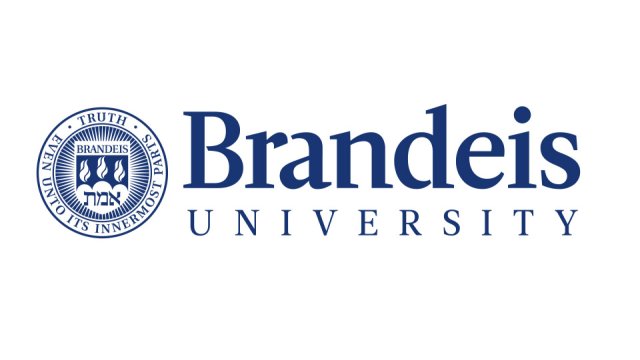Table of Contents
Free speech promises be damned, Brandeis bans Students for Justice in Palestine

Ken Wolter / Shutterstock.com
The Brandeis University chapter of Students for Justice in Palestine is no more. The chapter was notified yesterday that, due to comments made by the national organization in support of Hamas, “which the United States has designated as a Foreign Terrorist Organization,” the campus chapter “must be unrecognized,” according to a copy of the notification letter provided to FIRE.
This troubling decision came on the same day Brandeis President Ronald Liebowitz published an op-ed in the Boston Globe calling on university leaders to “find their moral compass and no longer allow speech that constitutes harassment or threat of violence to flourish on our campuses.”
Specifically, he added, “Chants and social media posts calling for violence against Jews or the annihilation of the state of Israel must not be tolerated.” The list of phrases Liebowitz wants banned include “from the river to the sea, Palestine will be free,” which, he said, “calls for the erasure of the Jewish state,” as well as support for the Boycott, Divestment, and Sanctions Movement, which he described as “blatant demonstration of antisemitism.”
In its letter to the Brandeis chapter of SJP, the university justified the derecognition, saying “a genuine threat or harassment” is not protected by the university’s Principles of Free Speech and Free Expression, which were adopted in 2018.
Yet, as evidence of this supposed misconduct, Liebowitz provides only speech protected by those very principles. Brandeis is a private university and therefore is not bound by the First Amendment, but its current free speech policies claim the school has “a responsibility to encourage the airing of the widest range of political and scholarly opinions and to prevent attempts to shut down conversations, no matter what their topic.”
And as FIRE reminds Brandeis in a letter today, “It is settled law that denying student group recognition based on viewpoint, speech, or fear of disruption violates free speech principles, particularly with regard to campus chapter groups’ ties to a national organization.”
Now is the time for the school’s leadership to stand on principle. If you only support the free speech that you approve of, then you don’t support free speech at all.
Criminal conduct such as making true threats, inciting unlawful conduct, and providing material support to terrorist groups, is not protected by the First Amendment or analogous free expression promises, like the one at Brandeis. In fact, according to Brandeis’ own free speech policies in the student handbook — which are legally binding under Massachusetts law — the chants Liebowitz cites as offensive are nonetheless protected political speech.
Nor is there any indication that actions by members of Brandeis SJP rose to the level of peer harassment, which the Supreme Court defined in Davis v. Monroe County Board of Education as words or actions that are “so severe, pervasive, and objectively offensive that it can be said to deprive the victims of access to the educational opportunities or benefits provided by the school.”
SJP’s alleged comments do not approach this high bar and are fully protected by the university’s free speech promises. As the U.S. Department of Education’s Office for Civil Rights further clarified, discriminatory harassment “must include something beyond the mere expression of views, words, symbols, or thoughts that some person finds offensive.” Even more problematic, Brandeis appeared to have based its decision on the advocacy of the national SJP organization, punishing students for words they didn’t even say.
The decision to ban SJP not only contravenes the university’s free speech promises, but also the free speech philosophy espoused by the university’s namesake, Supreme Court Justice Louis Brandeis, who said in his concurring opinion in Whitney v. California that the “freedom to think as you will and to speak as you think are means indispensable to the discovery and spread of political truth; that without free speech and assembly discussion would be futile.”
In comments to FIRE, Brandeis SJP members expressed shock and disbelief at the decision, emphasizing they are not affiliated with the national SJP group.
“We want to affirm that we are our own independent organization and we have not participated in any of the National SJP events since Oct. 7 and have not released anything that could be harmful towards any member of the community,” the chapter said in an email to FIRE.
Now is the time for the school’s leadership to stand on principle. If you only support the free speech that you approve of, then you don’t support free speech at all.
FIRE urges Brandeis to reverse this illegal derecognition and publicly recommit to the institution’s laudable free expression policies.
Recent Articles
FIRE’s award-winning Newsdesk covers the free speech news you need to stay informed.

Texas tramples First Amendment rights with police crackdown of pro-Palestinian protests

Here’s what students need to know about protesting on campus right now

Kansas takes a stand for intellectual freedom



